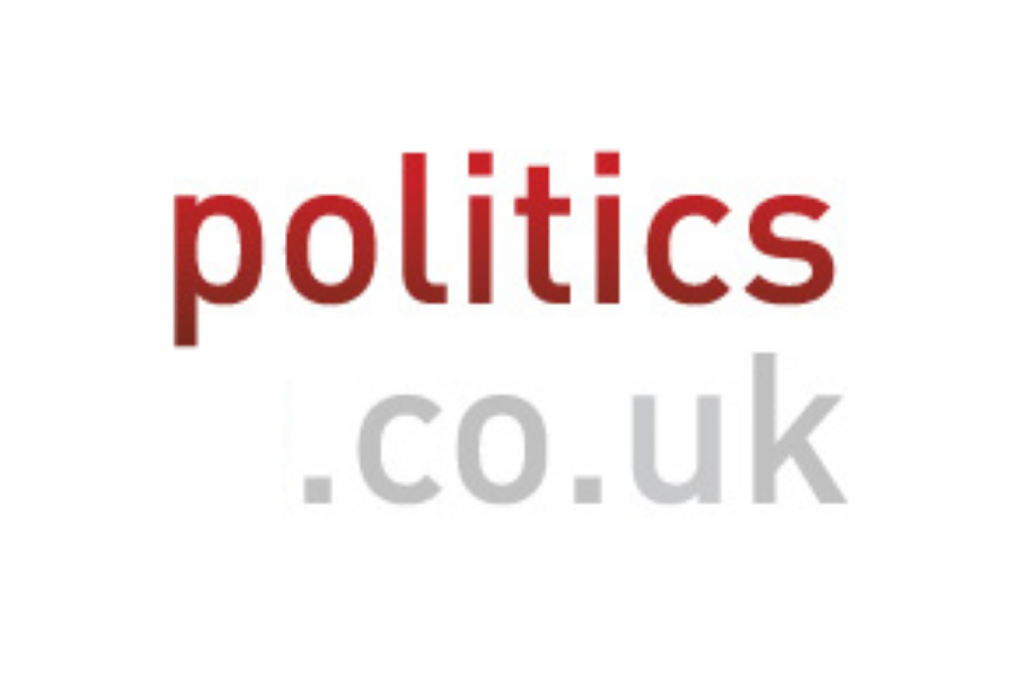Opinion Formers briefing – NATFHE and AUT
The government’s new terrorism bill has caused widespread concern about the impact it would have on free speech, not least in the education sector where this freedom is a vital part of lively discussions.
Many fear that new offences of encouraging and glorifying terrorism, laws against the dissemination of terrorist publications and a new offence covering anyone attending a terrorist training camp would limit legitimate academic research and teaching.
Now two higher education unions – NATFHE, which represents 68,000 university and college lecturers, and the Association of University Teachers (AUT) – are warning the government of the “unintended consequences” of its legislation.
“Underlying much of our concern is a growing fear about the possible impact of the bill on community and race relations on university campuses through the creation of a culture of suspicion,” AUT’s head of public affairs, Jonathan Whitehead, told politics.co.uk.


He added: “In particular, we believe that many academics could fall foul of the legislation, not because they are seeking to incite anyone to take part in terrorist activities but because they are seeking to further our understanding of such acts and of those who carry them out.”
The AUT is calling for an amendment which would require prosecutors to prove someone intended to encourage terrorism, and would like to remove altogether the notion of glorification of terrorism.
Paul Mackney, the general secretary of NATFHE, highlighted the difference between activities that should clearly be tackled through law enforcement, such as breaching university procedures on racism or homophobia, and stopping ‘unacceptable behaviour’, a phrase which is not only vague but also open to abuse.
“Academics want to see campuses buzzing with discussion, debate and healthy political life – not stifled by fear,” he told politics.co.uk.
“NATFHE rejects the idea that terrorism can be effectively defeated simply by efforts to prevent offensive views or actions among sections of the public.
“The causes of terror are complex but often include the actions taken by governments. Ministers cannot have an effective strategy to counter terror if they ignore their own responsibilities.”
Encouragement and glorification of terror
The AUT is concerned that academics could be prosecuted for teaching subjects such the current political situation in Zimbabwe, in which they would inevitably require students to read, watch or listen to texts that could be seen as glorifying or encouraging terrorism.
The union is calling for the notion of intent to be introduced to allow academics to speak and write about terrorist groups without fear of prosecution, and for the new offence of glorification to be scrapped altogether, as it is too difficult to define.
Dissemination of terrorist publications
The reproduction of study materials in a research paper could lead to an academic facing prosecution under this aspect of the terrorism bill, the AUT argues, while even a librarian who stocks texts praising terrorism could be affected.
AUT wants to remove any reference to publications which glorify terrorism, and would like the introduction of the defence that someone did not agree with the publication’s content and they did not intend its distribution to be an encouragement to terrorism.
Training for terrorism
The issue has already been raised in the Commons of what the new offence of taking part in terrorist training camps could mean for investigative journalists, and the same applies to academics.
Of particular concern are the implications for scientists who deal with noxious substances – the AUT fears they could either be liable for prosecution if they suspect one of their students may be intending to use that knowledge for terrorist purposes.
“They would have to make a subjective judgment about whether they have any suspicion that any of their students may use their knowledge at some point in the future to commit a terrorist act. We believe this to be far too broadly written.”
The union wants to change this clause to only make a person liable if they believed – rather than simply suspected – that their student would use their knowledge for terrorist purposes.












